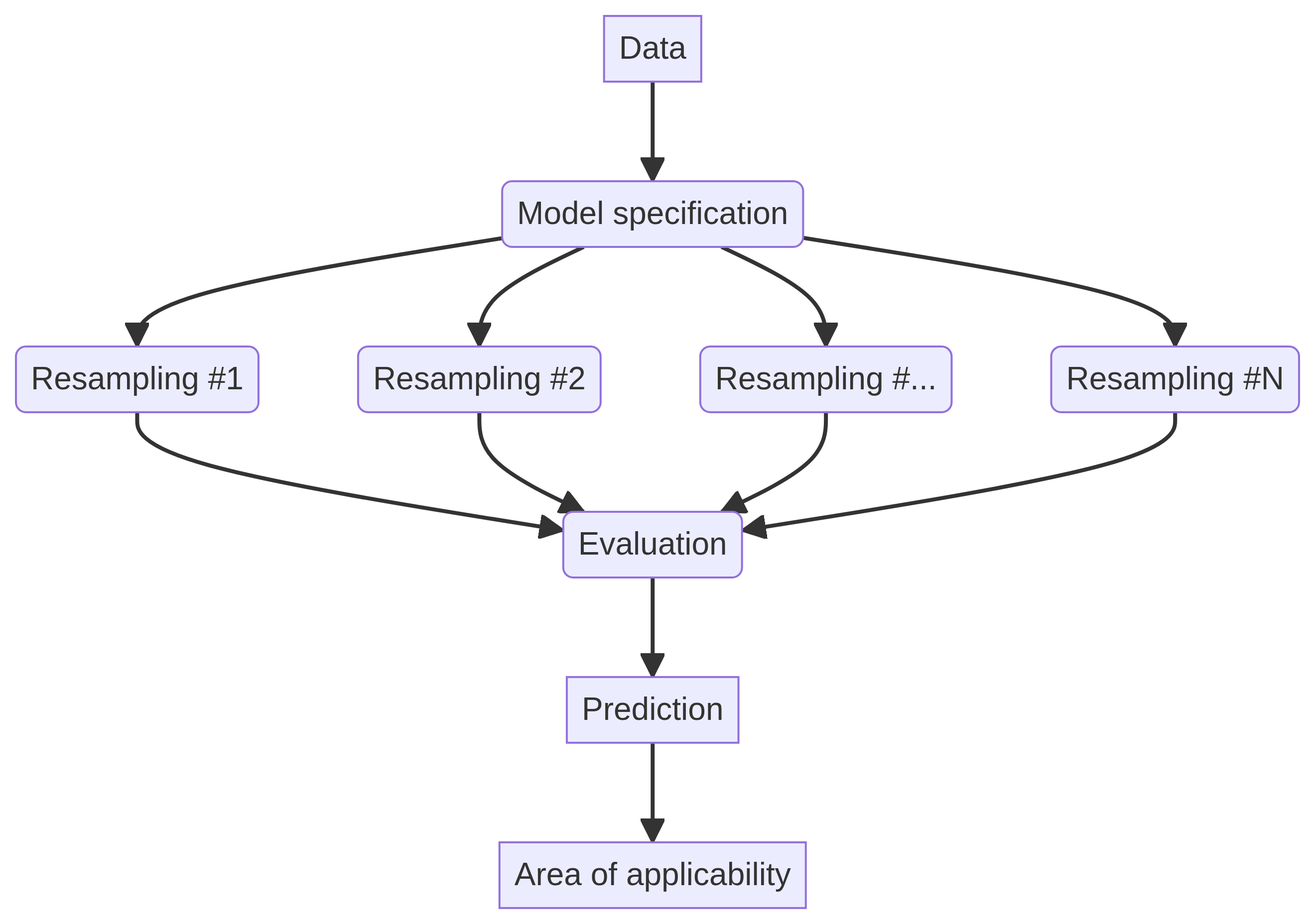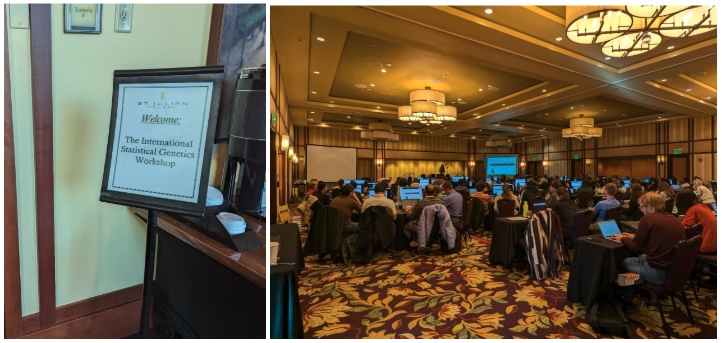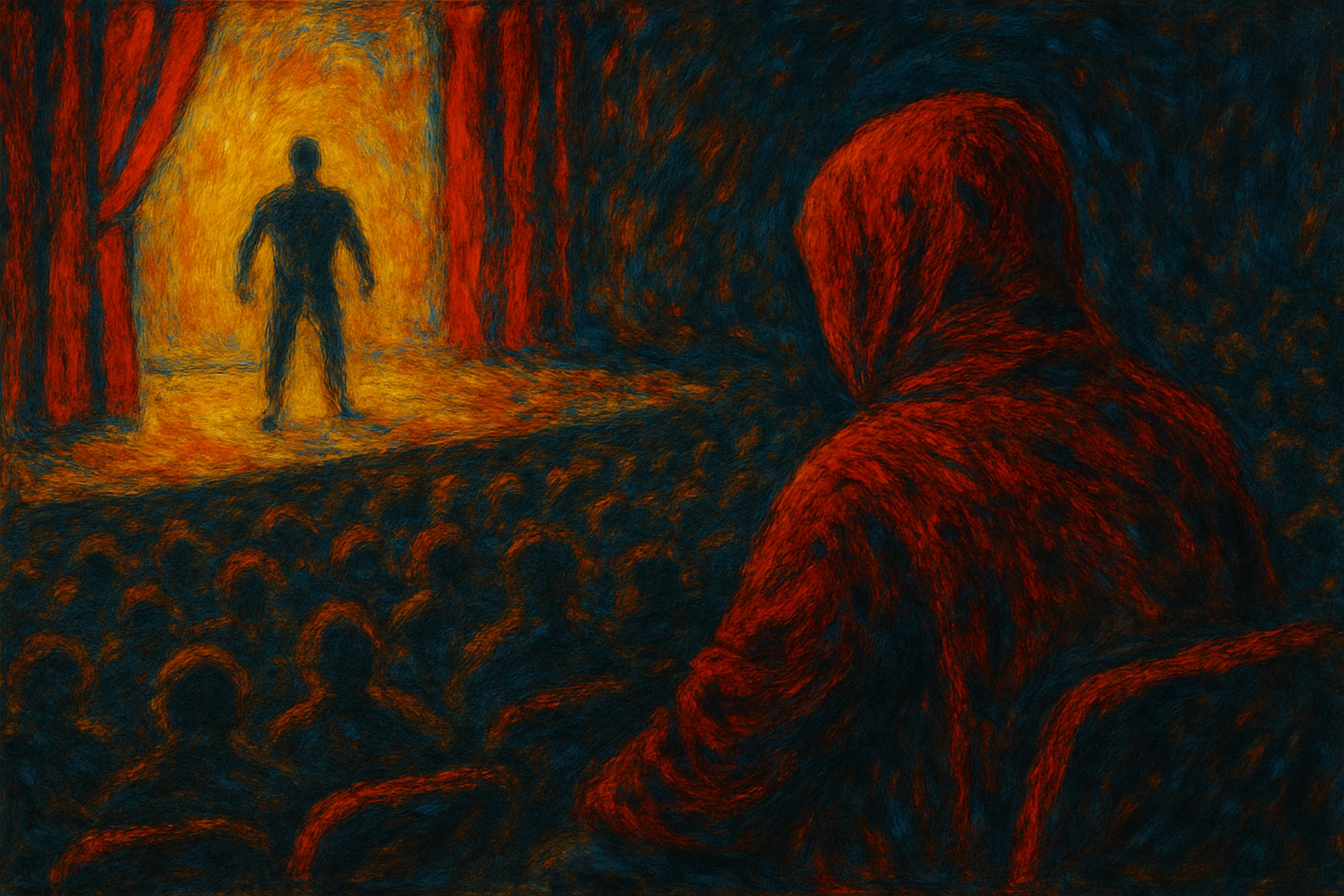The BIOMASS forest mission satellite was successfully boosted into space a couple of days ago, after decades of development from just down the road in Stevenage. I'm excited by this because it's the first global-scale P-band SAR instrument that can penetrate forest canopys to look underneath. This, when combined with hyperspectral mapping will give us a lot more insight into global tree health.
Messaggi di Rogue Scholar

This is the April issue of the monthly newsletter from the Rogue Scholar science blog archive. The newsletter reports on new blogs that have joined the platform, important technical updates in Rogue Scholar infrastructure, community updates, and other news relevant to Rogue Scholar users. Blogs added to Rogue Scholar Nine blogs from six different subject areas were added in April. Welcome everybody!
Appalachian History Series A Newspaper Born in the Fire of Bloody Harlan In early May 1931 thousands of miners in Harlan and neighboring Bell County, Kentucky, walked off the job to protest brutal conditions and another round of wage cuts.
Das Erscheinen des CCPL-Kommentars ist auch eine gute Nachricht für alle Beteiligten in der Forschung, die in ihrer Forschungspraxis auf CC-Lizenzen zurückgreifen. Welche Informationen und Hilfestellungen das Werk für die Wissenschaft bietet. Der erste juristische Kommentar inklusive Handbuch zu allen Fragen rund um die Creative Commons Public License (CCPL) ist kürzlich im Open Access erschienen.
A reflection on teaching and learning.

The global DataCite community is supported by a fully remote team of 21 members, located in 12 countries and speaking more than 20 languages. Once a year, the team meets somewhere in the world to interact in person, remind one another that we are humans rather than 2-D images on screens, and brainstorm topics of current and strategic importance.

This is the first part of a blog post series on spatial machine learning with R. Part 2: Spatial machine learning with caret Part 3: Spatial machine learning with the tidymodels framework Part 4: Spatial machine learning with mlr3 Part 5: Specialized R packages for spatial machine learning: An introduction to RandomForestsGLS, spatialRF, and meteo Part 6: Specialized R packages for spatial cross-validation: sperrorest and blockCV The R

Thanks to the Event Fellowship from Open Bioinformatics Foundation (OBF), I was privileged to attend the 2025 International Statistical Genetics Workshop (ISG). ISG is an intensive, week-long workshop held annually in Boulder, Colorado that provides hands-on training in the principles and application of over a dozen open-access bioinformatics tools for analysis of genomic data.
It’s been a decade long journey, but the publication of a completely gapless telomere-to-telomere (T2T) genome assembly finally marks the end of the Bauhinia Genome Project.
The software that we use to do our work is our academic software stack . I often see requests for advice on which software works well. Since recommendations from labs that have road-tested a few options are quite valuable, I thought I would document what we’re currently using and why. I have tried to note if we’ve switched, tried alternatives and if we’re happy. The lab is Mac-based and we prefer FOSS solutions.

Just like the anonymous commenter on a reddit thread or a social media post, I think the anonymous reviewer suffers from the “disinhibition effect” that comes with knowing that they cannot be identified. A reviewer “persona” is created and suddenly gives them the option to be especially harsh (sometimes cruel…). Would they have made the same comment face to face, at a conference, for example?